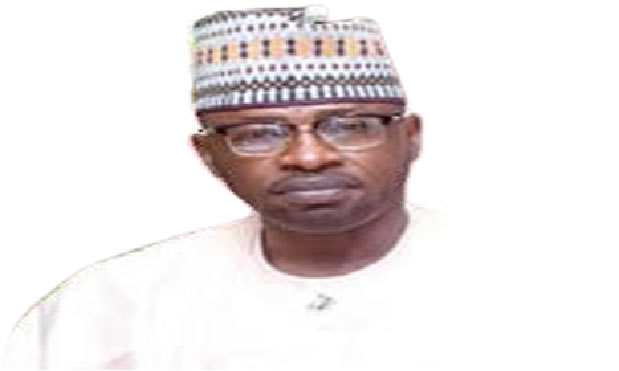Obi’s 2027 Presidential Bid: A Declaration of Intent Amidst Coalition Uncertainty
Yunusa Tanko, the Director-General of the Obidient Movement and a former spokesperson for Peter Obi’s presidential campaign, has unequivocally stated that the former Anambra State governor will be contesting the 2027 presidential election. This declaration, made during a colloquium in Abuja, comes amidst growing tension within the newly formed opposition coalition that recently adopted the African Democratic Congress (ADC) as its political vehicle for the upcoming elections. Tanko’s assertion that Obi’s candidacy is a certainty, regardless of securing the coalition’s ticket, underscores the former governor’s unwavering commitment to pursuing the presidency. This resolute stance introduces an element of unpredictability into the coalition’s dynamics, particularly concerning the zoning of the presidential ticket, a subject already fraught with internal disagreements.
Coalition Crossroads: Navigating the Zoning Dilemma and Internal Tensions
The ADC, now the focal point of the opposition’s hopes for 2027, faces the daunting task of navigating the complex web of interests within its ranks. The coalition comprises several political heavyweights, including Peter Obi, former Vice President Atiku Abubakar, and former Rivers State Governor Rotimi Amaechi, each harboring presidential ambitions. This confluence of aspirations creates a delicate balancing act for the coalition leadership, as they grapple with the contentious issue of zoning the presidential ticket. Tanko, representing Obi’s interests, has advocated for the South to be given the opportunity to complete what he perceives as their rightful tenure, emphasizing the importance of fairness, equity, and national cohesion. This call for a Southern presidency sets the stage for potential clashes within the coalition, as other aspirants, particularly from the North, may hold differing views on the matter.
The Ghost of 1993: A Cautionary Tale for the Coalition’s Future
Tanko’s invocation of the annulment of Moshood Abiola’s victory in the 1993 presidential election serves as a stark reminder of the potential consequences of political missteps. By drawing parallels between the past and the present, Tanko cautions the coalition against repeating historical errors that could derail national aspirations. He portrays Obi as a leader capable of transforming the nation, urging the coalition to unite behind him to avoid another political blunder. This appeal for unity highlights the underlying tensions within the coalition, hinting at the potential for fragmentation if a consensus on the presidential candidate is not reached.
Obi’s Vision: A Platform of Competence and Transformation
Tanko’s portrayal of Obi as a competent and transformative leader reflects the core message of the Obidient Movement. He emphasizes Obi’s commitment to national development and his ability to address the challenges facing Nigeria. This portrayal seeks to position Obi as the ideal candidate for the coalition, highlighting his potential to garner broad-based support. While the coalition’s leadership grapples with internal divisions, Tanko’s pronouncements project a sense of confidence in Obi’s candidacy, suggesting that the former governor is prepared to pursue the presidency regardless of the coalition’s ultimate decision.
The ADC: A Potential Catalyst for Political Change?
Associate Professor Ajia’s assessment of the ADC as a credible and independent platform underscores the coalition’s potential to reshape the political landscape. He argues that a strong opposition, free from the influence of the ruling party, is essential for rescuing Nigeria from its current predicament. This perspective positions the ADC as a beacon of hope for those seeking an alternative to the status quo. However, the internal tensions and the looming challenge of selecting a presidential candidate pose significant hurdles for the coalition. The ADC’s ability to overcome these challenges and present a united front will ultimately determine its effectiveness as an opposition force.
The Road Ahead: Navigating Uncertainty and Building Consensus
The 2027 presidential election promises to be a pivotal moment in Nigeria’s political history. The emergence of the ADC-led coalition presents a potential challenge to the ruling party, but the coalition’s success hinges on its ability to navigate internal divisions and present a unified front. The declaration of Obi’s candidacy, while underscoring his commitment, introduces a new layer of complexity to the coalition’s internal dynamics. The coming months will be crucial for the coalition as it grapples with the zoning dilemma and strives to build consensus around a single presidential candidate. The outcome of this internal struggle will significantly impact the political landscape leading up to the 2027 elections.


